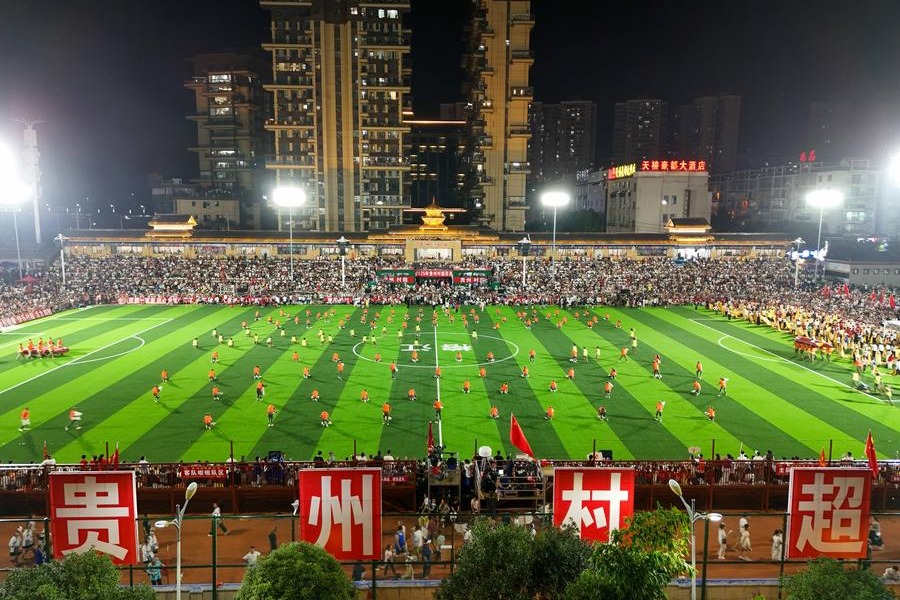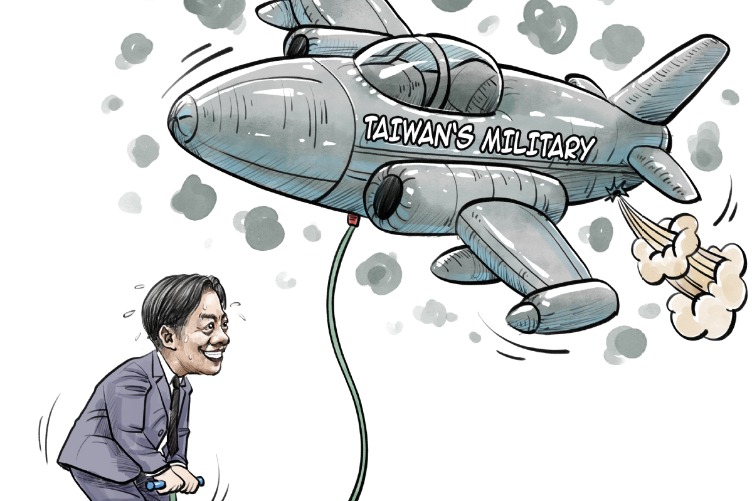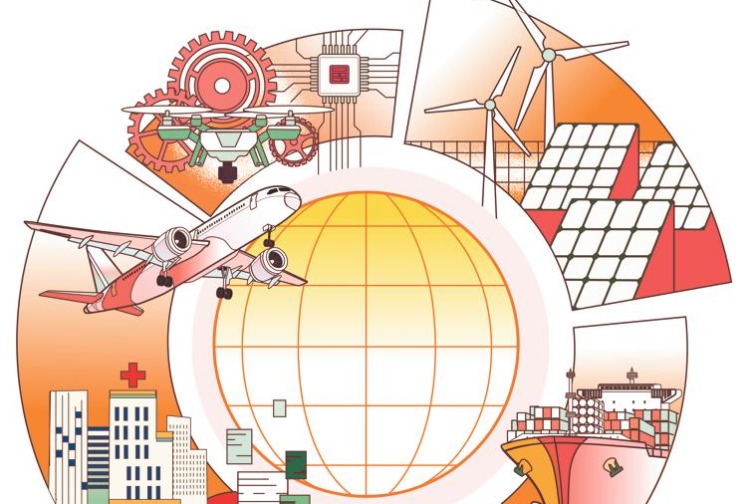China and Serbia fight pandemic together


In the midst of the novel coronavirus pandemic, when most countries are closing their borders and banning the export of medicines and medical equipment, China and Serbia, thanks to their "iron-clad" friendship and comprehensive strategic partnership, have become a shining example of solidarity in the fight against the virus.
Until late 2019, the word "solidarity" meant the feeling or expression of union in a group formed by a common interest, and was used in the context of boosting the economic development of countries around the world, especially of European Union member states. Yet a few months later, in March, the word was stripped of its meaning and context after certain EU states banned the export of face masks and other medical supplies to Italy, one of the worst hit countries by the pandemic, and non-EU countries in the Western Balkans.
Brussels swung into action only after sharp criticism
Only after the Italian and Spanish prime ministers, Giuseppe Conte and Pedro Sanchez respectively, publicly criticized the EU did Brussels start providing economic assistance for member countries, candidate countries, and potential candidate countries. And the statements made by French President Emanuel Macron that "the crisis will not be overcome without strong European economic and health solidarity", and European Commission President Ursula von der Leyen, that "a crisis without borders cannot be resolved by putting barriers between us," were perceived as coming too late.
A crack in European trust has already appeared which, according to Conte, calls into question the "European project", supposedly founded on the principle of solidarity, especially because despite healthcare being the responsibility of individual EU states, Brussels still has to act as a coordinator to help them jointly meet the common challenges.
The fallout is already evident, as Austrian Chancellor Sebastian Kurtz has said the EU states will have to discuss future relations after the pandemic has ended.
However, the European countries' calls for help were heard by China. Although China itself was battling the virus at home, it readily dispatched medical supplies and expert teams to countries most in need, because it knows that timely response is critical to containing the outbreak. In doing so, China has once again proved that it is committed to fulfilling its responsibilities as a major country so as to help resolve global issues.
A perfect example of mutual support
And after dispatching help to Italy, Belgium, Spain and France, it sent medical supplies and experts to Serbia. A month earlier, in February, Serbia had helped China in its fight against the virus by sending assistance to Wuhan, the epicenter of the outbreak in China. So when Serbian President Aleksandar Vu i, while addressing a news conference on March 15, called upon Beijing to help Serbia, the Chinese leadership promptly dispatched to Serbia face masks, protective gear and ventilators, and a team of medical experts to share their experiences of fighting the virus and treating COVID-19 patients.
The first plane carrying medical supplies and experts from China was welcomed by President Vu i and Chinese ambassador to Serbia Chen Bo, which highlighted the importance of China's gesture for Serbia.
Invaluable advice from Chinese experts
After assessing the situation on the ground, the Chinese medical experts offered valuable suggestions to their Serbian counterparts-including establishing makeshift hospitals to treat COVID-19 patients, restricting the movement of people and vehicles and locking down some cities-which helped prevent the spread of the disease in Serbia.
Some Chinese organizations, too, have donated test kits and other medical products to Serbia. In fact, nine more planes have landed in Serbia carrying medical supplies from China, including two mobile laboratories along with the experts to install them and train their Serbian counterparts how to use them.
A few years ago, China had helped Serbia with direct investments in strategically important Serbian companies, such as the Smederevo steel mill and Bor copper mining and smelting complex, and $6 billion in preferential loans for building highways, railways, bridges and other infrastructure facilities.
No wonder Serbian Prime Minister Ana Brnabic said she would propose that a monument dedicated to China-Serbia friendship and solidarity be erected after the pandemic is contained. The same goodwill for China and its people is shared by other Serbs, including tennis ace Novak Djokovic, who thanked Beijing "wholeheartedly on his own behalf and on behalf of the Serbian nation"-and later donated€1 million ($1.08 million)-for helping Serbia fight the pandemic.
Thanks to their decades of political and economic cooperation, which led to the signing of the strategic partnership agreement in 2009, their bilateral relations as well as coordination in multilateral mechanisms-such as that in the 17+1 initiative (Central and Eastern European Countries plus China)-have strengthened. In fact, China-Serbia ties were elevated to "comprehensive strategic partnership" during Chinese President Xi Jinping's visit to Serbia in 2016.
"The coronavirus pandemic will forever alter the world order", said Henry Kissinger, former US secretary of state, in an interview with The Wall Street Journal earlier this month. Although the G20 leaders have agreed to inject $5 trillion into the world economy, and leaders of the two largest economies, US President Donald Trump and President Xi Jinping vowed to cooperate in the fight against the pandemic, there is little doubt that political and economic changes are imminent globally. The world will no longer be the same.
The International Monetary Fund has already forecast that the largest global economies-the EU, the US and China-will shrink, although China will still grow at 1.2 percent, this year, which will have a shattering impact on the global economy, especially on developing and least-developed economies.
Governments need to boost apparatuses and capacities
The outbreak has also exposed the gaps in state apparatuses. As such, governments need to strengthen their state apparatuses and capacities so they can better respond to new global challenges in the future. Also, leaders need to make efforts to deepen global cooperation to resolve global crises, because it is impossible for any country alone to solve a regional or global problem. In particular, small countries, such as Serbia, will need to expand cooperation with major countries, and improve their national emergency preparedness capacity.
In the post-pandemic world, the greatest responsibility would lie with the heads of state and government to turn their sources of power into successful smart-power strategies and bring all countries together to achieve their respective national goals.
The author is an advisor to the government of the Republic of Serbia, and a research associate-assistant professor at Belgrade University. The views don't necessarily represent those of China Daily.































